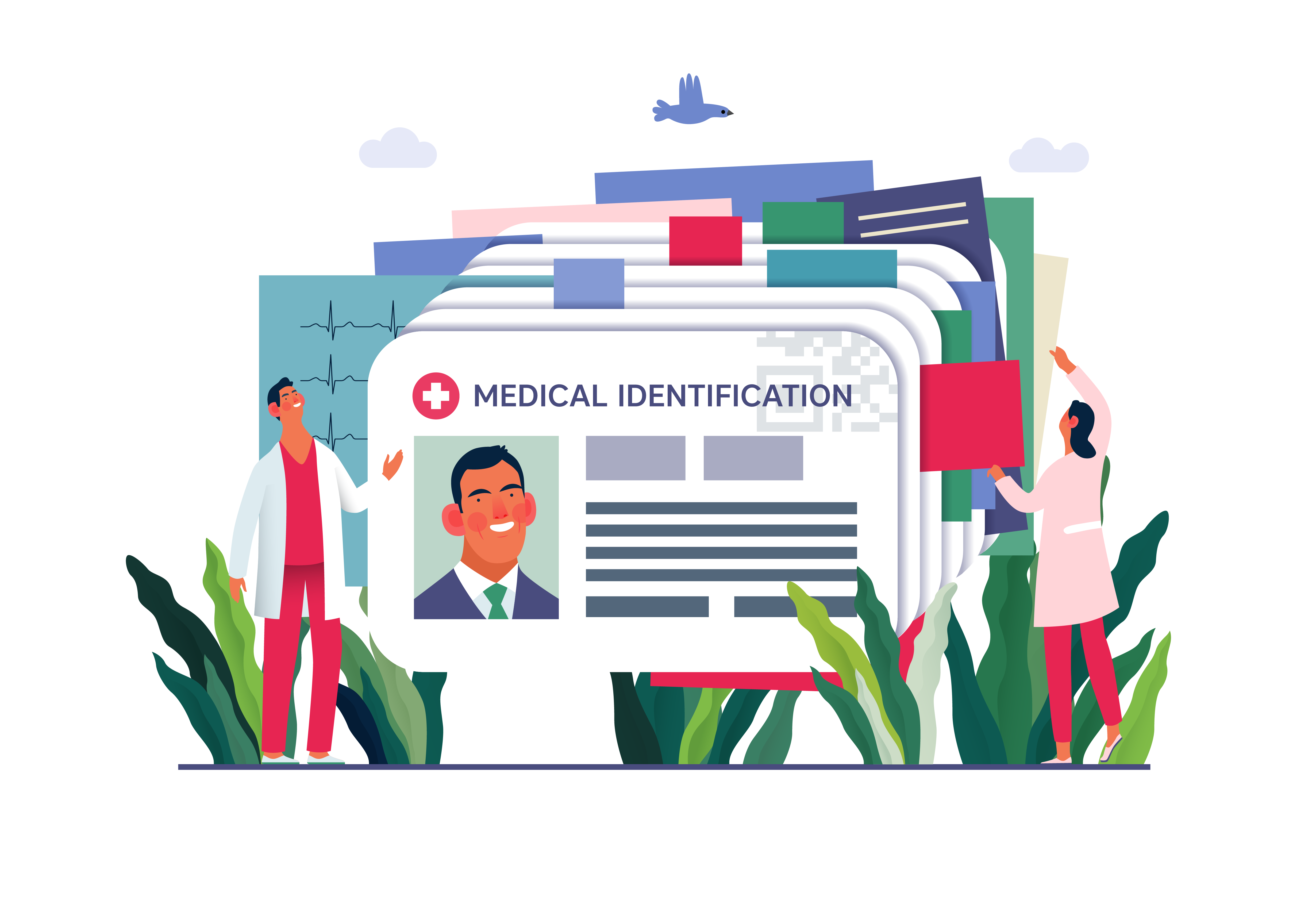CPR (Centrale Personregister) number is unique to a person and is used as an ID in Denmark. A CPR number facilitates accurate linkage between all Danish national registers among all other things. Your CPR number consists of ten digits. The primary six digits are your date of birth and the last four are your unique identification number. The last digit of your CPR number indicates your sex. If it’s an odd digit you’re male, and if it’s a fair digit you’re female.
WHY?
Residents of Denmark are legally required to possess a CPR number. You may also notice that your CPR number grants you access to many services in Denmark. You may need it to open a checking account, get a Danish sign, borrow books at the library, cast off insurance and so on.
WHEN?
Non-EU/EEA citizens who intend to stay in Denmark for more than three months are required to register with the Danish Civil Registration System on arrival.
Nordic citizens, citizens of EU and EEA countries and Switzerland are required to register with the Danish Civil Registration System and obtain a CPR number within six months of their arrival in Denmark.

To obtain a CPR number you must have an address in Denmark, also present a range of documents counting on your current civil status (see below). Please note that if your documents aren’t in Danish, Norwegian, Swedish, English or German, you must bring an authorized translation of all these documents.
At Citizens’ Services you’ll be asked for: